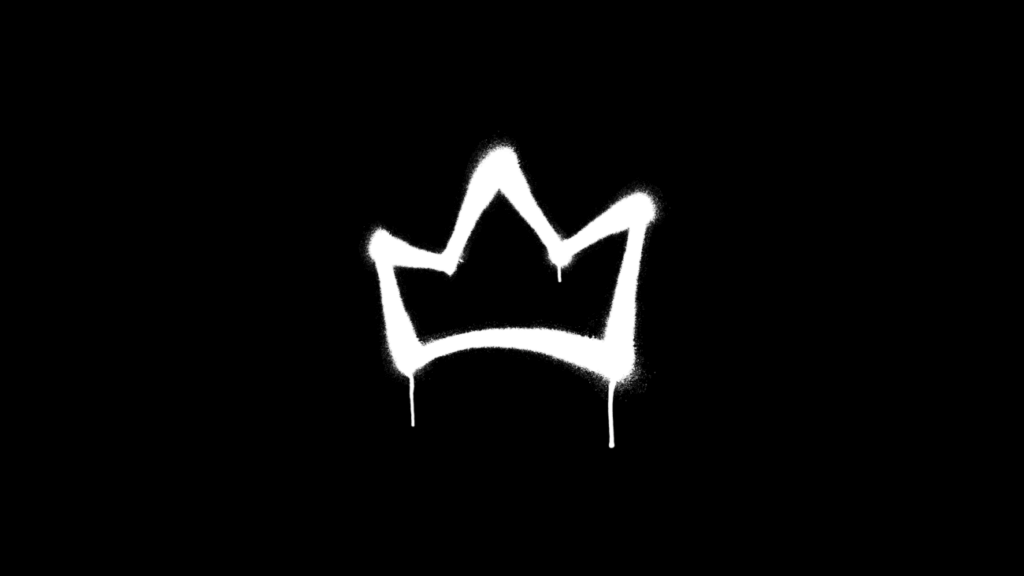Blockchain Voting Used By Danish Political Party

2014 has been the year that banks and politicians are falling over themselves to warn against Bitcoin, even while calling the technology promising. Denmark, however, set itself apart from the crowd last month by declaring digital currency trades to be tax-free .
Yesterday there was more Bitcoin-friendly news from Denmark; the Liberal Alliance will be the first major political party in the world to vote using blockchain technology.
First reported by Version2.dk , Liberal Alliance will be using some form of a blockchain for internal voting at the party’s annual meeting in Hvidovre, a suburb of Copenhagen. The meeting is currently underway, and so far there are no specifics regarding the blockchain voting aspect of the meeting.
Mikkel Freltoft Krogsholm, a Liberal Alliance Executive Committee Member, said,
The blockchain removes the need for trust, because the technology can run autonomous without interference from humans, and it is at the same time open source and transparent, so that everybody can look under the hood and see what’s going on. It doesn’t get any more liberal – so that’s why it’s an obvious choice for e-voting.
Blockchain Unleashed
As a method of ensuring that transactions are trustworthy, the blockchain is second to none. Each transaction depends on the validity of the one before it, and all transactions are verified numerous times automatically by the network.
In the purest definition of democracy, it can not exist without the decentralized trust of some form, and that makes the blockchain a natural voting mechanism.
By voting on a blockchain, each participant can verify their own vote, verify that the total votes are accurate, all while remaining as anonymous as they desire.
Any democracy is only as good as the mechanism by which the participants vote, and by using blockchain e-voting that mechanism is both transparent and safe from tampering. Voting has long been championed as the potential use of the blockchain protocol. Ethereum, ColoredCoins, and the Blockchain 2.0 project have all been cited as having the potential to marry democracy and the blockchain. Projects like BitCongress are already built on top of Ethereum and are hard at work ensuring that the power of the blockchain will be used to preserve democracy.
More development is needed in the area, but hopefully, today’s events will spur other voting bodies into action.
The Liberal Alliance
Holding nine out of 179 Danish parliamentary seats, the Liberal Alliance is a newcomer to the political scene. The party was founded in 2007 as a champion of centrists but soon moved towards economic liberalism. This move resulted in the loss of a left-wing founding member, which drove the party further towards the economic right-wing of Danish politics.
The party supports a reduction of income tax to a flat 40% rate (let that sink in for a moment, Americans), nuclear energy, and equalizing the pension age of parliament with that of the rest of the country. Socially, the Liberal Alliance supports equal rights for same-sex couples in the established Church of Denmark, as well as relaxed immigration controls